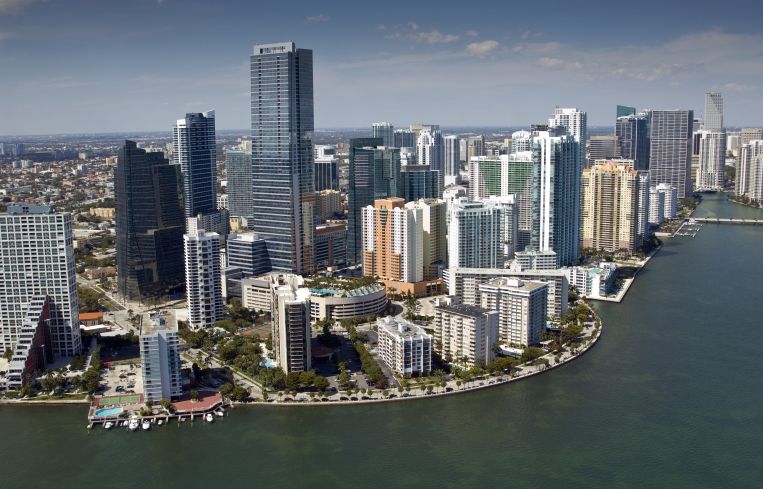JPMorgan’s $65M CMBS Loan on Miami Mall Hits Market
By Mack Burke October 8, 2020 4:18 pm
reprints
A $65 million commercial mortgage-backed securities (CMBS) first mortgage secured by the Southland Mall near Miami is up for sale, according to an announcement today from JLL, which has been tapped by the loan’s special servicer Keybank to market the loan.
The loan was transferred to KeyBank on April 3 due to “imminent default,” about a month after COVID-19 gripped the economy, as per the most recent servicer commentary from the beginning of September. The foreclosed loan, which had an original balance of $67.5 million and was structured with a two-year term and three one-year extensions, matured on May 8.
The sponsor Investcorp had reported to the servicer that “most tenants” at the mall were not able to make April rent payments because of COVID-19 and subsequently sought relief from KeyBank. According to servicer commentary, the borrower “has since made the decision that [the mall] will be unsustainable at their basis.” KeyBank then moved to determine the optimal workout strategy for the highest recovery, the commentary reads. Occupancy was 65 percent as of June 30.
The 988,000-square-foot enclosed regional mall is located at 20405 and 20505 South Dixie Highway as well as 20151 South Dixie Highway 89, per information from Trepp. The loan was the only remaining in the JP Morgan-led JPMCC 2014-FL6 CMBS deal from December 2014, which comprised 23 loans totaling nearly $504 million.
“It is rare that a legitimate redevelopment opportunity of this scale becomes available,” JLL’s Tom Hall, who’s leading the loan’s marketing efforts, said in a statement. “Southland Mall is sure to garner interest from a variety of investors eager to enter this growth market.” Hall is joined by JLL’s Danny Finkle in the marketing campaign, the firm said.
Built in 1972 and last renovated in 2005, the mall’s anchor was JC Penney, which occupied a little over 12 percent of the space with more than 81,000 square feet. There was also a Regal Cinemas, a TJ Maxx, an LA Fitness and a Ross Dress for Less, according to information from Trepp.
Even prior to the pandemic, the mall’s finances were suffering. In 2019, it experienced significant dips in revenues and net operating income and net cash flow, while its expenses climbed. It’s troubles last year came after four previous years of stable financial performance.
At securitization in 2014, the mall had been appraised at $130 million. That number dipped to just over $101 million last year and to $68.4 million as of June 30, 2020, per information from Trepp.



